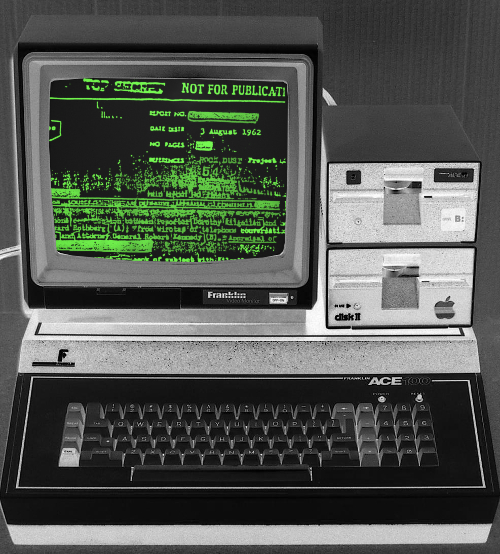Clearance system questioned
 The Defence department is reportedly struggling to process staff security clearances.
The Defence department is reportedly struggling to process staff security clearances.
Australia's AUKUS nuclear submarine program is facing an early hurdle as the Defence department struggles to complete mandatory security clearances for its skilled staff.
Insiders have allegedly told the ABC that the department is facing “a massive backlog” for vetting new employees, which is a critical requirement for anyone working on the highly secretive endeavour involving the United Kingdom and the United States.
According to reports, the blame for the slow processing of security clearances is being levelled at a new IT system, MyClearance, designed to improve vetting. The system has been beset by difficulties since being introduced at the end of November 2022.
“They were migrating from using an older online/paper system to a new online system, and the whole thing has collapsed,” one source reportedly said.
“All [security] clearances are stalled, and from what I understand, there's no fix in sight.”
The Australian Government Security Vetting Agency (AGSVA), an organisation inside Defence that performs security clearances for Commonwealth and territory departments as well as industry bodies, uses MyClearance.
Although baseline clearances are being processed relatively quickly, employees requiring more thorough vetting to handle Top Secret material are often experiencing significant delays.
The backlog has left Defence grappling with challenges related to security clearances. Meanwhile, the country's domestic intelligence agency, ASIO, will soon take control of determining which officials can gain the highest-level access to Australia's most guarded secrets.
Australia's current highest level of security clearance, Positive Vetting (PV), will eventually be replaced by a new capability known as TOP SECRET-Privileged Access (TS-PA), which will be administered by ASIO.
Home Affairs Minister Clare O'Neil has introduced a bill to parliament to modernise and strengthen whole-of-government vetting at the PV level.
ASIO argues that the bill will improve the current system by “reducing the risk of compromise of trusted insiders; improving the mobility and agility of our highest-cleared workforce; and ensuring the ongoing confidence of Australia's most trusted allies and global partners”.
“Centralising Australia's highest-level security clearance means that a person's suitability to hold the highest level of security clearance can be assessed against the most current information that ASIO holds about the security threats confronting Australia,” an ASIO spokesperson said.
Over the next three years, ASIO will consolidate existing Commonwealth PV vetting functions from agencies including the AGSVA and begin transitioning to the new TS-PA clearances.
Defence insists there has been “no unplanned outages of the MyClearance system”.








 Print
Print